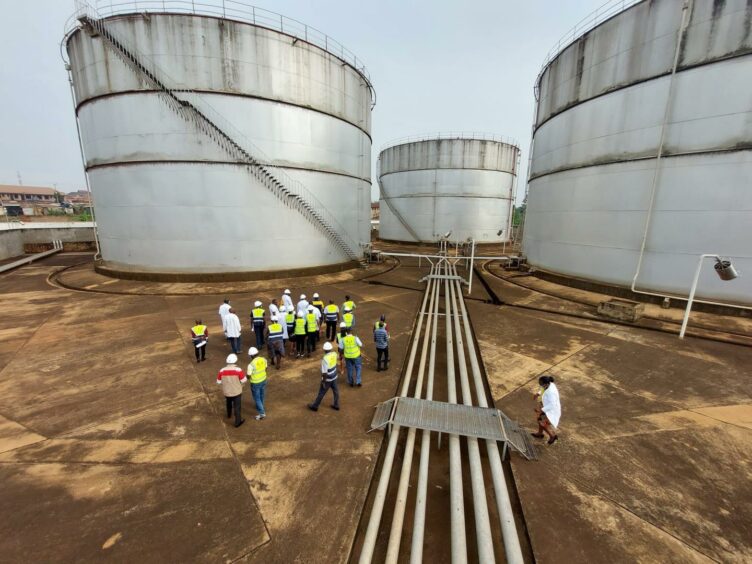
Munich Re will not insure the East African Crude Oil Pipeline (EACOP), throwing up another challenge for the TotalEnergies-driven project in Uganda and Tanzania.
The insurance giant said it had set out decarbonisation targets in 2020 for its liabilities, investments and operations. It is also a member of the United Nations’ Net Zero Asset Owner Alliance and a founder of the Net Zero Insurance Alliance.
Munich Re said it has a “clear and science-based stance to support the Paris Climate Goals. We are constantly monitoring our progress against this ambition and reporting transparently in our annual report.”
Beyond the emissions targets, Munich Re also said it had “rigorous ESG assessments” for large projects.
The insurer said it would not provide “direct, facultative and primary” cover for EACOP. The company said it had instructed its underwriting community of this a year ago.
“Our existing frameworks underline our commitment to decarbonise accompanied by respecting high business ethics,” it said.
Protestors have raised concerns about EACOP’s emissions and about its impact on local communities.
Under scrutiny
StopEACOP co-ordinator Omar Elmawi called for other insurers to follow Munich Re’s suit. “In particular, Allianz and Lloyd’s of London, both members of the Net Zero Insurance Alliance, must follow Munich Re and commit to never insure EACOP.”
Urgewald energy campaigner Regine Richter welcomed the announcement. Munich Re should “take the next step and do what is really required for humanity and the planet: commit to a world-leading policy which excludes all new oil and gas projects in line with a 1.5C limit, now”.
Total and CNOOC Uganda have taken a final investment decision (FID) on the Lake Albert development, including EACOP. Financing has not yet been completed, though.
StopEACOP is also targeting banks that may provide finance to the 1,443km heated pipeline.
The link will run from Kabaale in Uganda to the Tanzanian port of Tanga. The link will have six pumping stations.
Updated at 2:14 pm to tweak headline.
